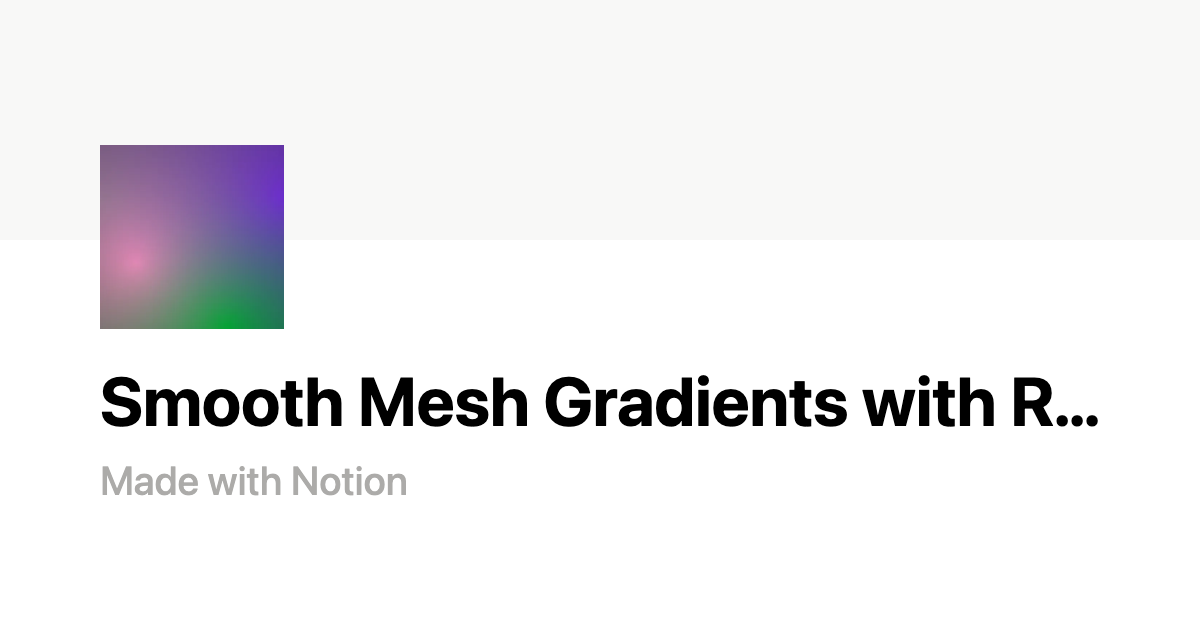大地の唸り Гуркіт землі
大地の唸りが真夜中に響き
Гуркіт землі лунає серед ночі,
https://note.com/poison_raika/n/n08b5d64d43c8
<>

大地の唸り Гуркіт землі
大地の唸りが真夜中に響き
Гуркіт землі лунає серед ночі,
https://note.com/poison_raika/n/n08b5d64d43c8
<>

State-sponsored exploits are often far more complex than typical vulnerabilities, and they're not always immediately obvious. Rather than being blatant or easily detectable, they're often crafted more like poison. At first glance, a piece of code in a random library may seem perfectly benign, serving a valid and useful function, as do many other independent libraries and functions scattered throughout the system. But when combined with other seemingly harmless pieces, these isolated bits of code can create something far more concerning. It's subtle and easily overlooked — yet, together, they could have a devastating effect.
This kind of stealthy, integrated attack is difficult to uncover because each individual part of the code appears legitimate on its own. Only when the system as a whole is carefully scrutinized in a holistic way can these potential threats be detected — if they're detected at all.
While FOSS does offer a great deal of flexibility, there are still practical concerns around jurisdiction, especially when it comes to legal matters, security audits, and the involvement of major corporations. Even though the software itself is open and can be modified, the infrastructure and support around it — such as funding, legal protections, or compliance — can still be influenced by where the project is based or the entities involved. Moving to a more independent, EU-based model could help mitigate some of those risks and offer more sovereignty in the long run.
Furthermore, the concern remains that the U.S. government could potentially order a company to introduce a hidden backdoor into the software, and the corporation might not be free — or even able — to disclose this information. This is a serious issue, especially as political pressures grow. In a broader sense, the U.S. is increasingly resembling more authoritarian regimes like Russia or China when it comes to digital policies, where control over software and data is prioritized over privacy or transparency.
Even though FOSS allows you to examine the code, the reality is that no one can continuously monitor the entire system at all times. The complexities of modern operating systems make it incredibly difficult to scrutinize every line of code, especially as it evolves. This is why reducing dependency on American corporations and jurisdiction could be an essential step toward ensuring true independence and security.
大地の唸り Гуркіт землі
大地の唸りが真夜中に響き
Гуркіт землі лунає серед ночі,
https://note.com/poison_raika/n/n08b5d64d43c8
<>

Oh wow, another #techie #bible on how to make your #laptop sweat by #rendering #mesh #gradients with #RBF #interpolation.
Because everyone knows, nothing says "cutting-edge" like having 17 tabs of #Stack #Overflow open while praying to the gods of Notion that your code doesn't crash your computer.
https://www.notion.so/Smooth-Mesh-Gradients-with-RBF-Interpolation-1ba8eeb5a3e68046b34cf997fe67d3c1?source=copy_link #HackerNews #ngated

Anyone know if there's a #cooking #recipes #fediverse #software #stack ? Thinking of putting my family's recipes up on the #fedi . Love #activitypub powered EVERYTHING! I saw @jamesravey had started #gastronaut a few years ago, but don't see code for it.
大地の唸り Гуркіт землі
大地の唸りが真夜中に響き
Гуркіт землі лунає серед ночі,
https://note.com/poison_raika/n/n08b5d64d43c8
<>

#moodlestack #moodle #moodlebande #stack moodle-STACK Frage zur Wahrscheinlichkeit. Aus zwei Urnen wird jeweils ein Emoji gezogen. Dann soll für drei Ereignisse die jeweilige Wahrscheinlichkeit berechnet werden. Mit Lösung und Strategie. Gesamtzahl und Anzahl der jeweiligen Emojis wird zufällig generiert. Die Hilfen passen sich den jeweiligen Werten an.
The paper just published by @netzpolitik_feed shows: financing is a major issue for #OpenSource, but administrations need to invest anyways: Windows 10 is at end of life this year and contracts become artificially more expensive because of AI features – public procurement is the primary lever for #Europe’s sovereign tech #stack! #techsovereignty
via @zarasophos
https://darmstadt.social/@zarasophos/114710524045817503
Der Bericht, den @netzpolitik_feed gerade veröffentlicht, zeigt: #Finanzierung ist die große Baustelle für #OpenSource–aber Verwaltungen müssen ohnehin investieren: Windows 10 läuft aus, Produkte werden wegen KI künstlich teurer! Die öffentliche Mittelvergabe ist der erste Hebel, den #Europa stellen kann für einen souveränen Technologie-#Stack! Aber auch die Privatwirtschaft muss sich fragen, ob sie weiter in Abhängigkeiten investieren will.
https://chaos.social/@netzpolitik_feed/114710541204166603
@birgitlachner @johannmourlon @mojoweiss @herrbue freue mich schon drauf, die mir dir zu teilen. Wenn ihr dann auch #stack habt.
Hi #FediLZ und #moodlebande ! Vor einiger Zeit hatte ich etwas über eine Datenbank mit #stack Fragen für #moodle gelesen, doch finde ich die Nachricht nicht mehr. Ich glaube, dass eine deutschsprachige Kollegin darüber geschrieben hatte. Hätte da irgendjemand eine Ahnung?
Danke in voraus!
大地の唸り Гуркіт землі
大地の唸りが真夜中に響き
Гуркіт землі лунає серед ночі,
https://note.com/poison_raika/n/n08b5d64d43c8
<>

Endlich mit #STACK Aufgaben zu linearen Gleichungssystemen in #moodle gekriegt.
Geht jetzt erstmal so an meine S*S raus. Im nächsten Schritt mach' ich mich dann an bessere Auswertungsbäume.
Die xml-Datei findet ihr hier:
https://fs.dap.dap.bw.schule/s/Ckf7e4o6zPdHams
Freue mich über Hinweise, Ideen und Kommentare.